Latex Gloves and Nitrile Gloves: Choosing the Right Gloves for Different Healthcare Settings
In the healthcare field, every detail matters, including the gloves you wear. Whether you’re working in a veterinary clinic, a dental practice, a hospital, or an emergency room, selecting the right type of protective glove can impact safety, efficiency, and comfort.
The two most common types of disposable gloves in healthcare are latex and nitrile, each offering distinct advantages.
Knowing which one to choose for your specific work environment can improve hand protection, reduce allergic reactions, and ensure optimal performance. Let’s break down the best options for different medical settings.
Veterinary Clinics: Precision & Protection for Animal Care
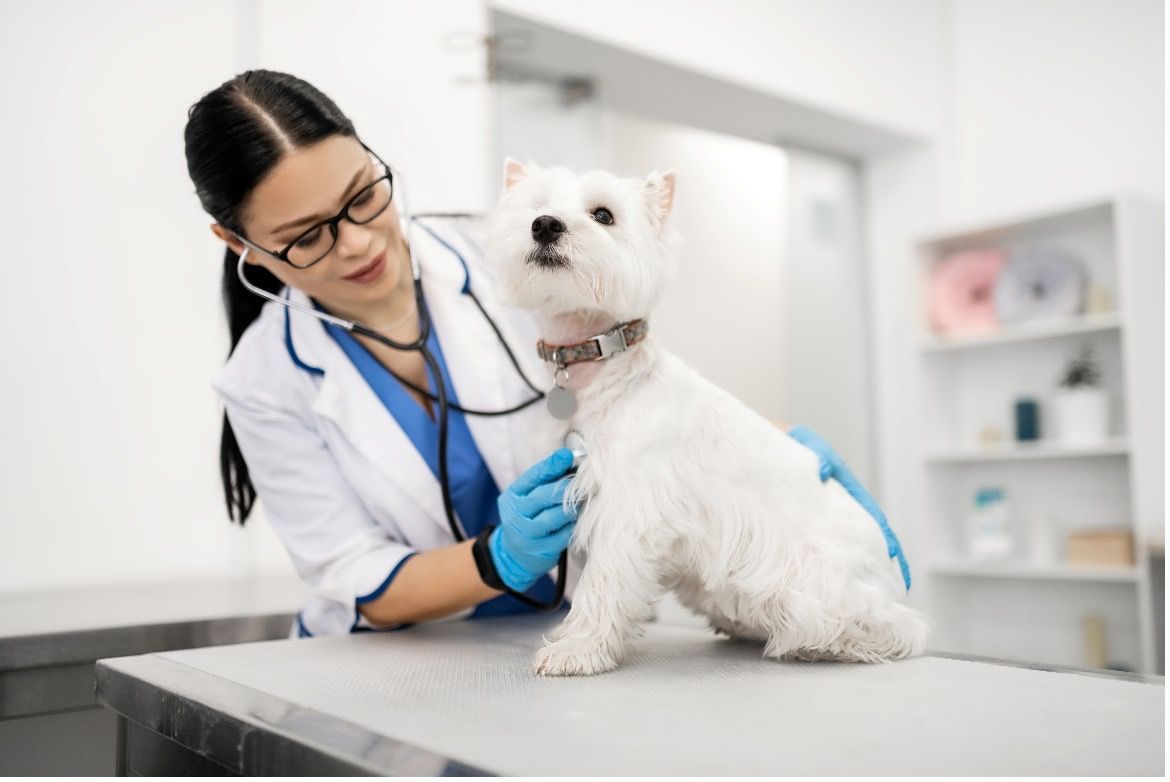
Veterinarians and their teams work in unpredictable environments, often handling animals that may scratch, bite, or resist treatment. This makes glove durability and flexibility crucial.
🐾 Use of gloves includes: General exams, surgeries, vaccinations, and high-risk procedures involving aggressive animals.
Latex Gloves: Known for their snug fit and high touch sensitivity, latex gloves allow veterinarians to feel subtle changes in an animal’s body, making them ideal for surgical procedures and detailed examinations. Their elasticity ensures dexterity, an important factor in delicate procedures.
Nitrile Gloves: A tougher alternative, nitrile gloves resist punctures and tears, making them perfect for handling animals that might scratch or bite. They also provide superior chemical resistance, essential for working with medications and cleaning agents.
Browse Our Inventory of Latex Gloves
Dental Practices: Comfort Meets Allergy Protection
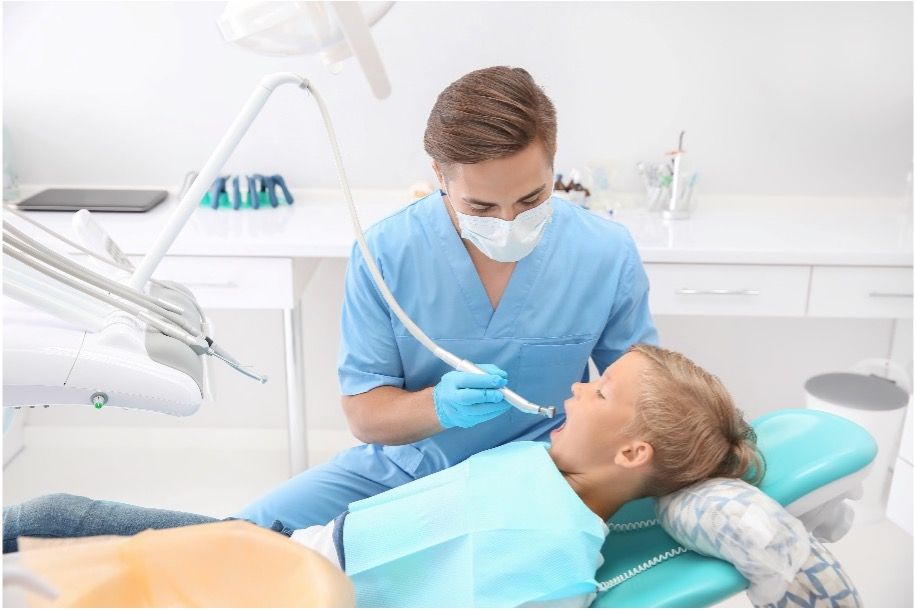
Dental professionals need medical exam gloves that balance flexibility, comfort, and protection. Since dentists and hygienists frequently work in patients' mouths, precision is key.
🦷 Use of gloves includes: Routine check-ups, cleanings, fillings, and surgical procedures.
Latex Gloves: These gloves are the gold standard for dexterity and a comfortable fit, providing a close-to-hand feel that’s excellent for detailed dental work. However, latex allergies in both staff and patients are a growing concern.
Nitrile Gloves: Designed for those with latex allergies, nitrile gloves provide a strong and flexible alternative without compromising on grip. Many modern synthetic gloves now match the flexibility of latex, ensuring comfort during long procedures.
Medical Facilities: Versatility & Compliance

Hospitals, outpatient clinics, and physician offices require gloves that cater to a wide range of medical procedures while ensuring staff and patient safety.
🏥 Use of gloves includes: Routine exams, injections, wound dressing, and minor procedures.
Latex Gloves: Used in sterile environments, latex gloves provide comfort and flexibility, making them ideal for examinations and non-invasive procedures. They allow healthcare professionals to maintain a strong grip and feel fine details during patient assessments.
Nitrile Gloves: More resistant to punctures and chemicals, nitrile gloves are preferred for high-risk procedures and handling potentially infectious materials. They are also an excellent choice for medical professionals with latex allergies.
Browse Our Inventory of Nitrile Gloves
Emergency Rooms: Speed & Strength Matter

ER professionals face high-stress situations where gloves need to be fast to don, durable, and resistant to exposure risks.
🚑 Use of gloves includes: Trauma care, wound treatment, high-risk infectious cases, and emergency surgeries.
Nitrile Gloves: Given their superior puncture resistance, nitrile gloves are the best option for emergencies involving trauma care, blood exposure, and hazardous chemicals. They provide a reliable barrier against pathogens, which is crucial in high-exposure areas like ERs.
Latex Gloves: While still used in some ER settings, latex gloves are being replaced due to the growing concern over latex allergies and the need for a more resistant glove material.
Children’s Hospitals: Gentle Yet Protective

Pediatric healthcare workers require gloves that balance comfort with safety, ensuring a soothing experience for young patients.
👶 Use of gloves includes: Vaccinations, wellness checks, delicate pediatric procedures, and handling newborns.
Latex Gloves: Soft and flexible, latex gloves help medical professionals provide a reassuring touch to children. Their close fit allows healthcare workers to feel small details, which is essential in pediatric exams.
Nitrile Gloves: Hypoallergenic and highly durable, nitrile gloves are an excellent alternative to reduce allergy risks while maintaining safety and sensitivity.
Browse Our High-Quality Gloves
Nursing Homes: Long-Term Comfort & Protection
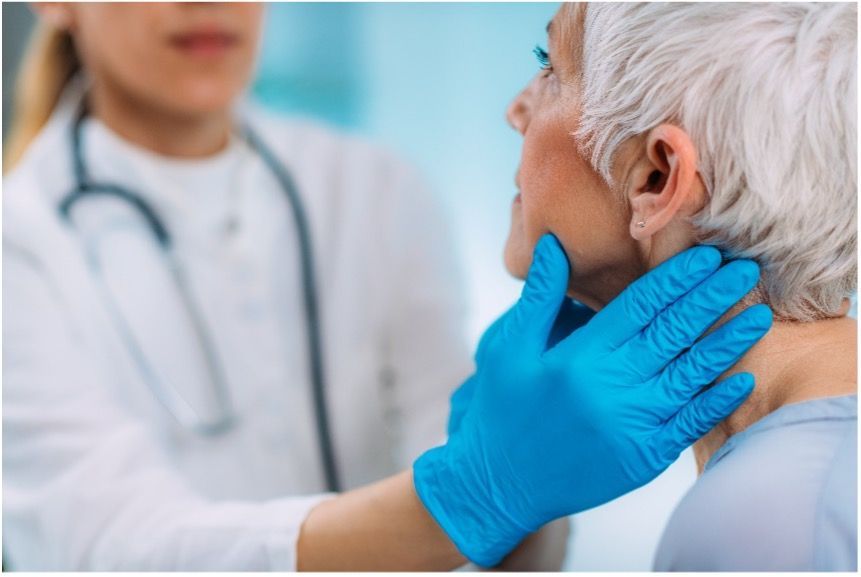
In elder care, healthcare professionals often wear gloves for extended periods, making comfort and durability essential.
🏡 Use of gloves includes: Elderly care, hygiene assistance, wound dressing, and daily caregiving tasks.
Nitrile Gloves: These gloves provide a longer wear time without causing discomfort or irritation, making them ideal for caregivers assisting residents with daily hygiene, feeding, and medical care. Their strong barrier protection ensures safety when handling bodily fluids.
Latex Gloves: While still used in some facilities, many nursing homes opt for nitrile due to its hypoallergenic properties and resistance to tears.
Key Factors to Consider When Choosing Gloves
When selecting gloves for medical use, keep the following in mind:
✅ Allergies: Powdered gloves and latex gloves can cause allergic reactions in some individuals, making neoprene gloves or nitrile gloves a safer choice.
✅ Durability: Nitrile gloves are more resistant to punctures, tears, and chemicals.
✅ Comfort & Fit: Latex gloves provide a snug fit and superior touch sensitivity.
✅ Cost: Latex gloves are often more affordable, but nitrile gloves offer longer durability.
✅ Intended Use: High-risk environments like ERs and ICUs require nitrile gloves, while routine exams may allow for latex.
Find the Right Gloves for Your Needs
Selecting the right medical gloves isn’t just about comfort—it’s about protection, safety, and efficiency. Whether you’re a veterinarian, a nurse, a dentist, or a caregiver, having the right gloves ensures the best care for your patients while keeping you safe.
At Concentric Health Alliance, we offer high-quality, affordable disposable gloves designed for a variety of healthcare applications. Our range of medical exam gloves meets industry standards, ensuring maximum protection for you and your team.
👉Contact Us to find the perfect gloves for your healthcare needs.




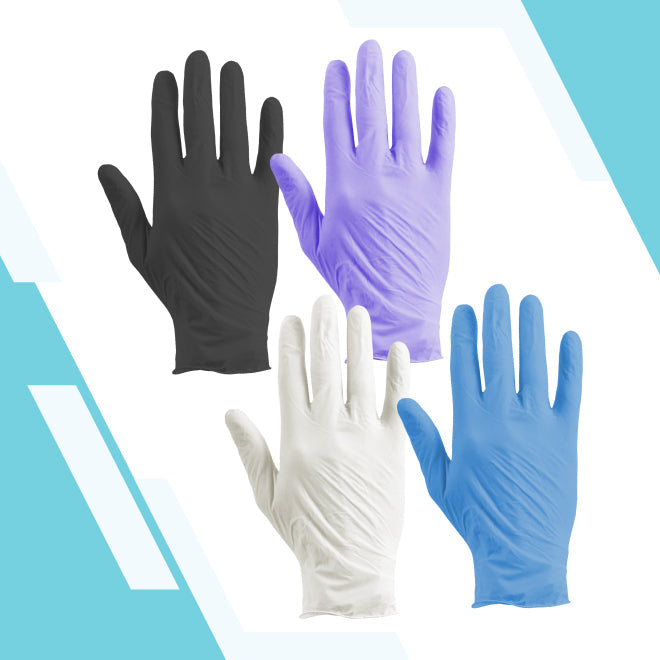
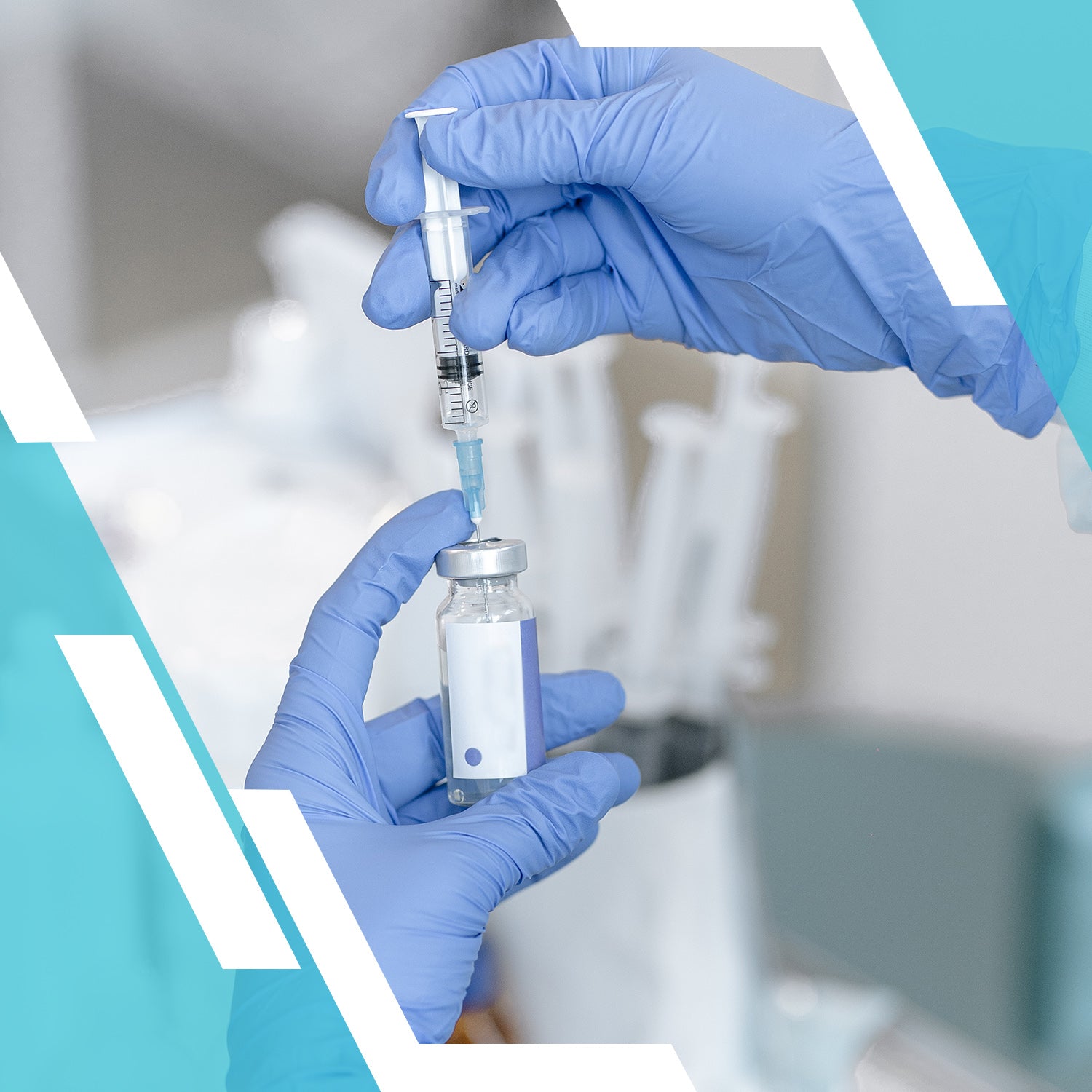



Leave a comment